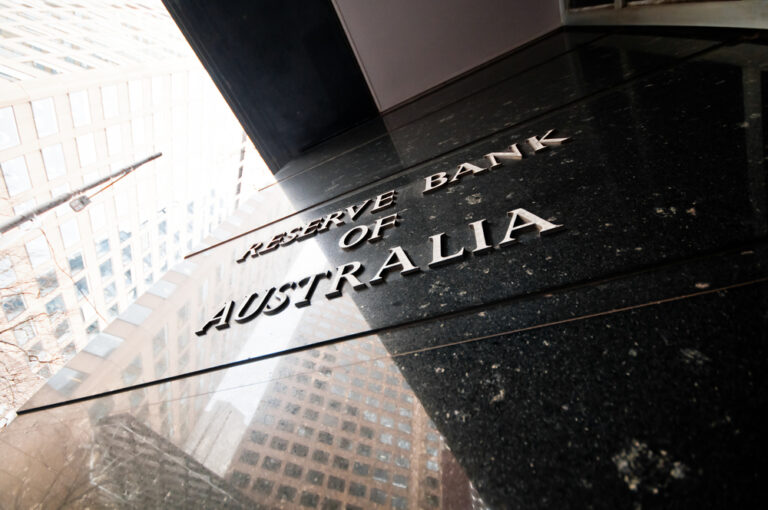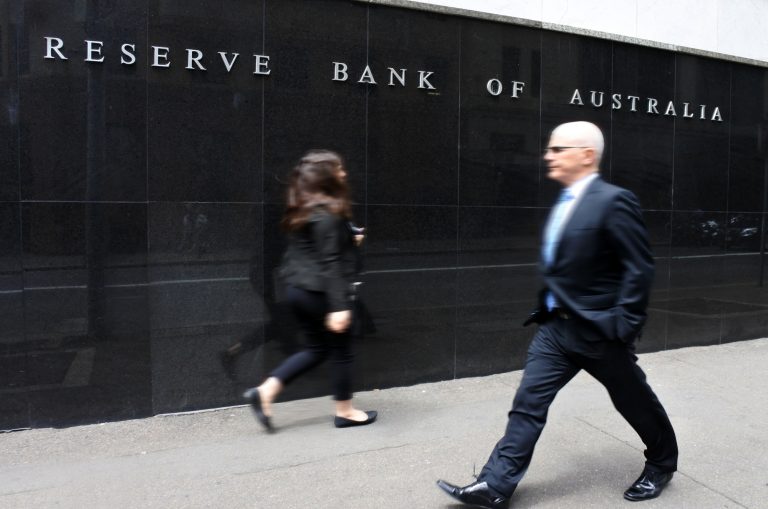How Emotions Impact Investing: Tips to Navigate Fear and Greed in Markets
Investing isn’t just about the numbers—far from it. Over my 26 years as a financial adviser and more than three decades as an investor, I’ve realized that understanding balance sheets, price-to-earnings ratios, and dividend yields is only half the game. The other half? It’s all about psychology—how we manage our emotions, especially during the extremes of market euphoria and despair.
The Two Extremes: Greed and Fear
Markets are emotional creatures. On one end, we have greed—when markets are buoyant, returns are stellar, and everyone’s optimistic. This is where we are right now, at the time of writing. The American NASDAQ is up over 32% in the past 12 months, and the Australian All Ordinaries Index has risen an impressive 17.7%. It’s easy to feel confident during these times; in fact, it’s easy to feel invincible.
But at the other end is fear—the dark days when markets are down, news headlines scream disaster, and investors panic. It’s in these moments of extreme pessimism that making the right decisions becomes the hardest—and most crucial.
When Fear Dominates
As I tell my clients, the true value of a financial adviser isn’t during the good times. It’s when fear grips the markets, portfolios are down, and every news outlet amplifies the negativity. It’s in these tough moments that strategy takes a backseat to psychology. The plans we made for retirement contributions, recontribution strategies, or tax optimization—all of it matters less than the ability to stay the course and make the right decisions.
Why? Because history has shown that it’s precisely during these moments of peak fear that the best buying opportunities arise.
The Wisdom of Patience
One of my favorite investment quotes comes from the late Charlie Munger, Warren Buffett’s business partner:
“The money is made not in the buying and selling, but in the waiting.”
I interpret this in two ways:
- Waiting to buy: Timing your purchases for when markets are down and prices are on sale. This requires patience, as markets can remain high for years before the next correction.
- Waiting after buying: Once you’ve invested in high-quality businesses, the real work begins—waiting for the people running those businesses to improve them, grow revenues, and increase profitability over years or decades.
- Understanding the Feel A client recently summed it up perfectly:
“So, Rob, you’re telling me it’s all about how people feel?”
Exactly. Investing is as much about emotion as it is about analysis. You want to be doing your best buying when fear is rampant, even though it feels counterintuitive. And when greed is dominating, like it is now, it’s time to wait. Not easy in practice, but critical for long-term success.
The Unknown Catalyst
Here’s the thing: we never know what will cause a market correction or crash until after it happens. The media will assign a reason, but it’s irrelevant to the bigger picture. As investors, our goal is simple: buy when no one else wants to buy. It’s in those moments that opportunities for exceptional returns are created.
Final Thoughts
Investing isn’t just about the measurable—profits, dividends, or market sectors. The unmeasurable—the psychology of fear and greed—is equally important. Right now, markets are riding high, and patience is the name of the game. The opportunities will come, and when they do, it’ll be during times when the headlines are bleak and optimism is scarce.
Remember, this is general advice only. For personalized advice, please speak to a qualified financial adviser. After all, navigating the emotional side of investing is just as critical as understanding the numbers.
The information provided in this article is general in nature only and does not constitute personal financial advice.






